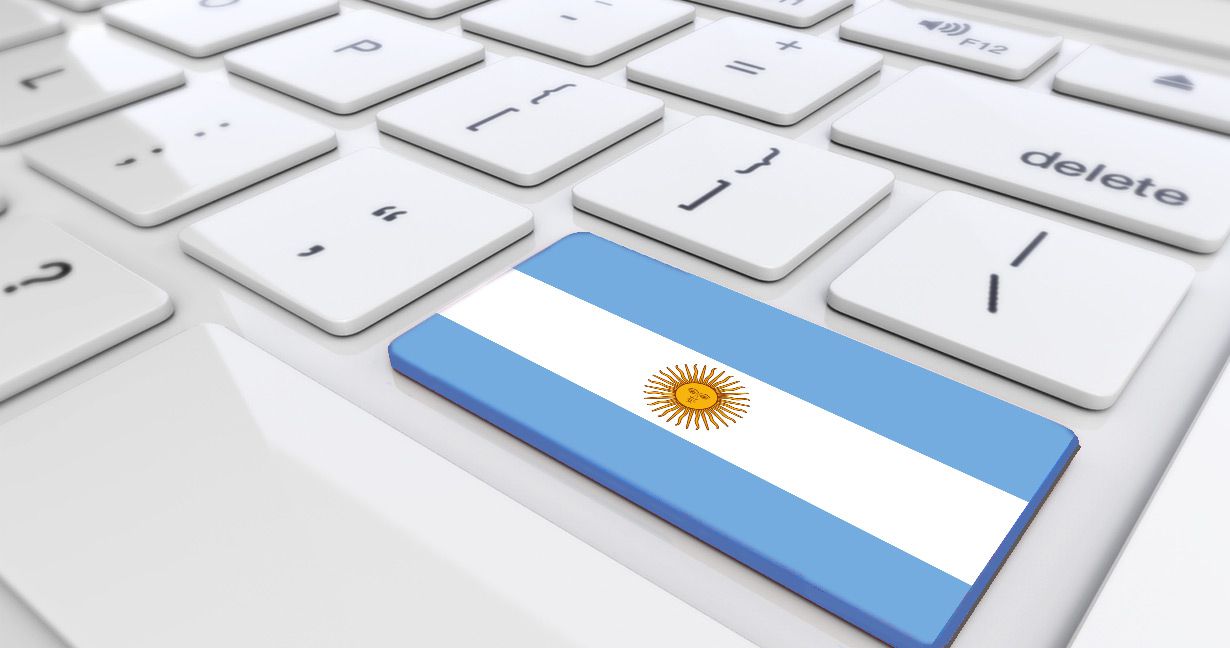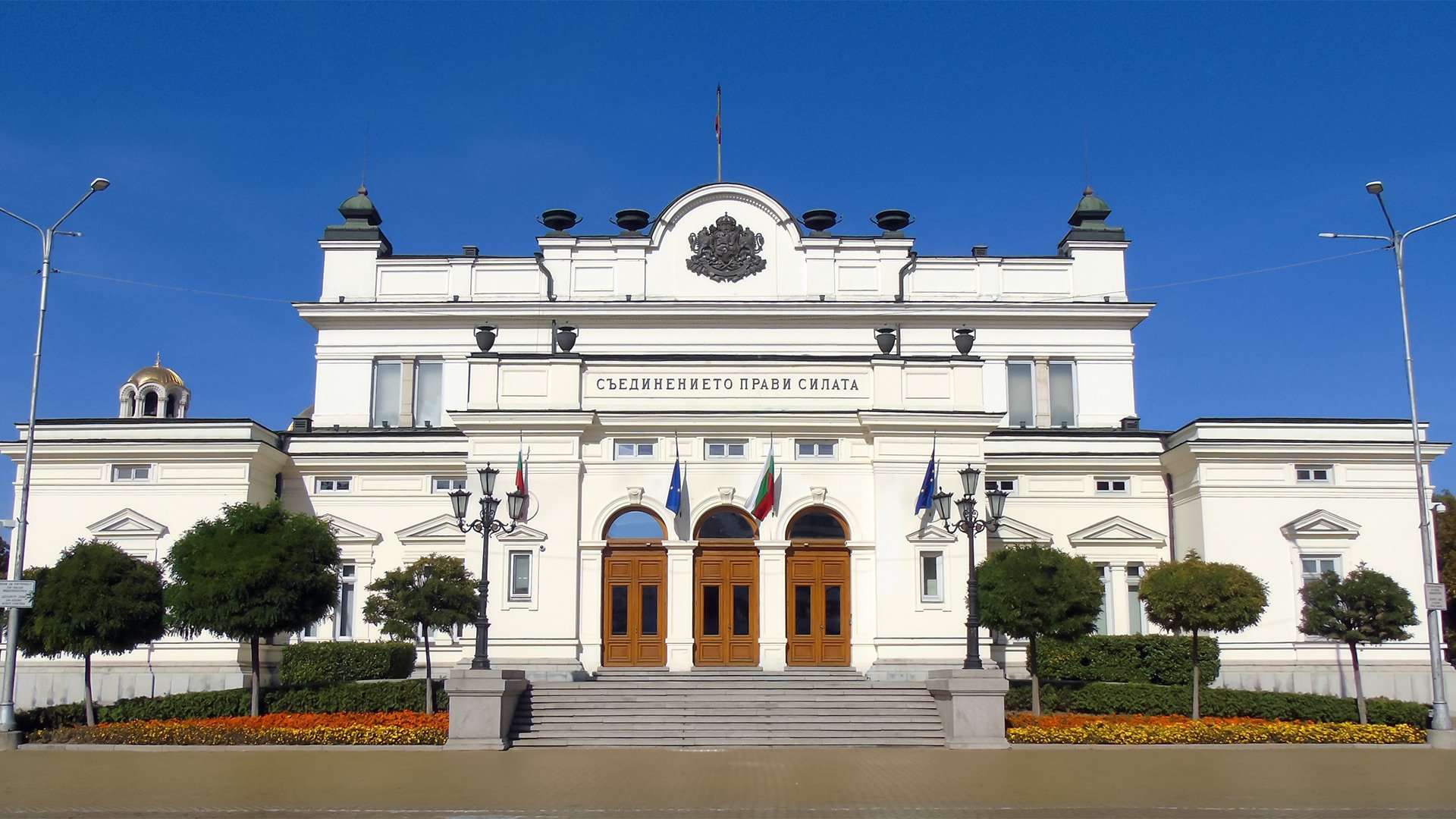Japan set to lift ban on casinos

The casino market in Japan is reportedly worth US$ 40 billion a year and big names in the business, including Packer, are lining up to develop resorts. Packer's company Melco Crown has said it is willing to spend US$ 5 billion on building a casino resort in the country.
The punters are also getting ready; at a mock casino in Tokyo, punters have been learning to play blackjack, baccarat and roulette. "I'll go to the casinos. I like poker so much, so I'm practicing from now on," one patron said. The Japanese government has spoken of a casino growth strategy, which would lead to more jobs, increase tax revenue and boost investment in regional centres.
Hiroyuki Hosoda, a member of parliament leading the push, has said he wants to capitalise on Japan's 2020 Olympics. "We want to increase tourists from 10 to 30 million a year," Mr Hosoda told the ABC. "Opening integrated casino resorts like they have in Las Vegas or Singapore will help us achieve our goals."
The dark side of the casino debate recently surfaced, with Japan's Department of Welfare finding the country to be a nation of problem gamblers.
Professor Naoko Takiguchi from Otani University has studied gambling addiction in the country. "The Department of Welfare found 5 per cent of adults are problem gamblers. The prevalence rate in the rest of the world is between 1 to 2 per cent, so it's a major concern," Professor Takiguchi told the ABC. "Japan has 60 per cent of all electronic gaming machines in the world, it's a very big problem."
Japan's biggest source of unofficial gambling is Pachinko, a thriving industry worth $A200 billion per year. Pachinko, a cross between poker and a pinball machine, is legally not considered to be gambling because no money is exchanged on the premises of the parlours.
As a result, the industry remains unregulated, meaning players can stay as long as they like and spend as much money as they want. While they are commonly referred to as amusement centres, Pachinko parlours are a problem for gambling addicts.
He believes legalising casinos in Japan will double the country's number of problem gamblers. "Pachinko players are already becoming obsessed with casinos; they like something new but this is really dangerous," he said. The government has said it will restrict entry to casinos to exclude addicts but given the country's gambling problem, some members of parliament remain concerned by the proposed changes.

















